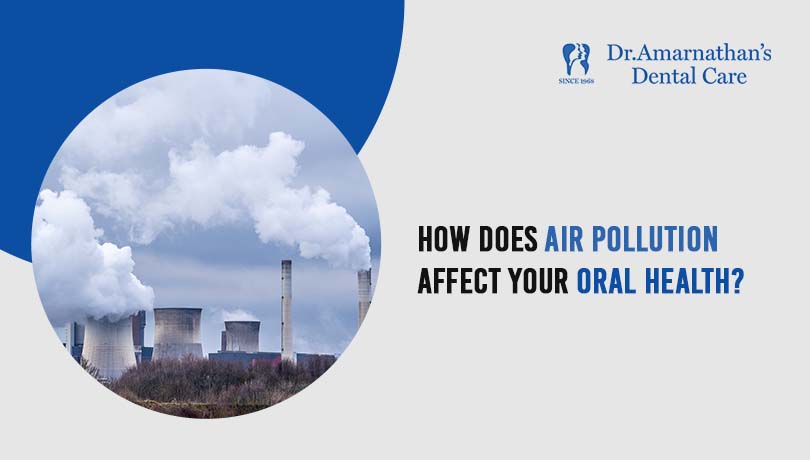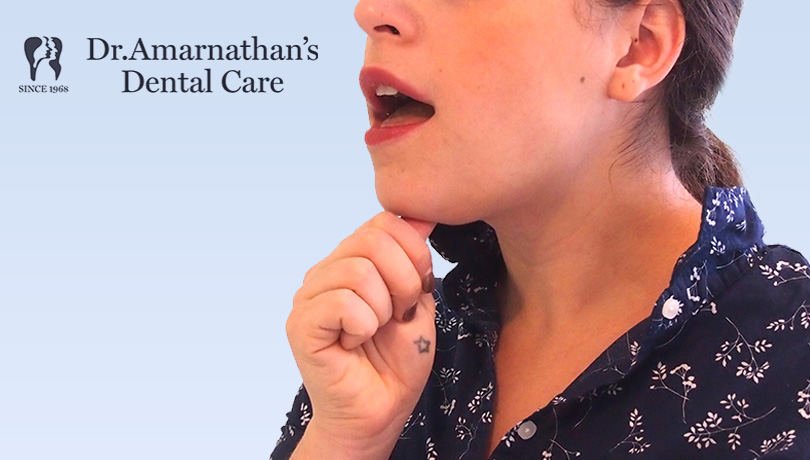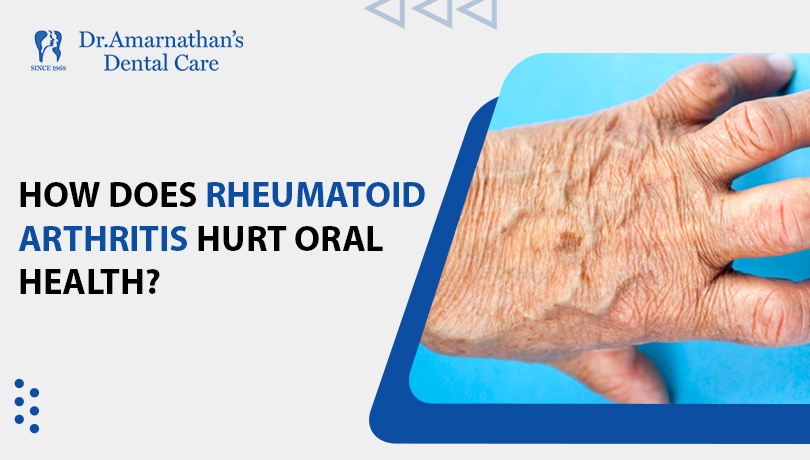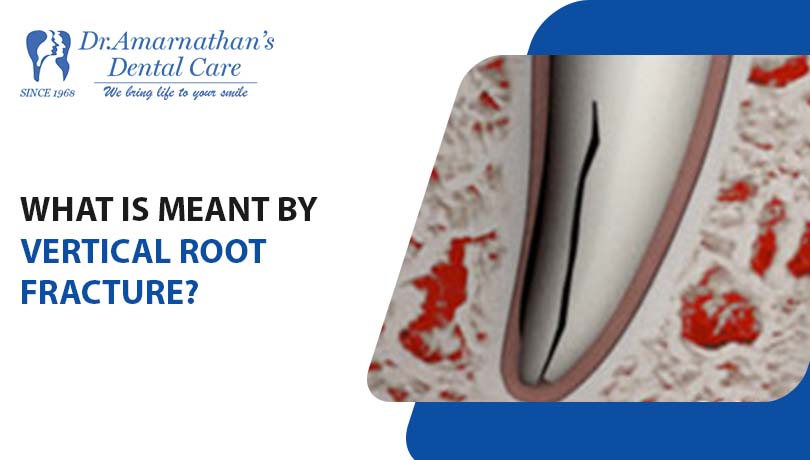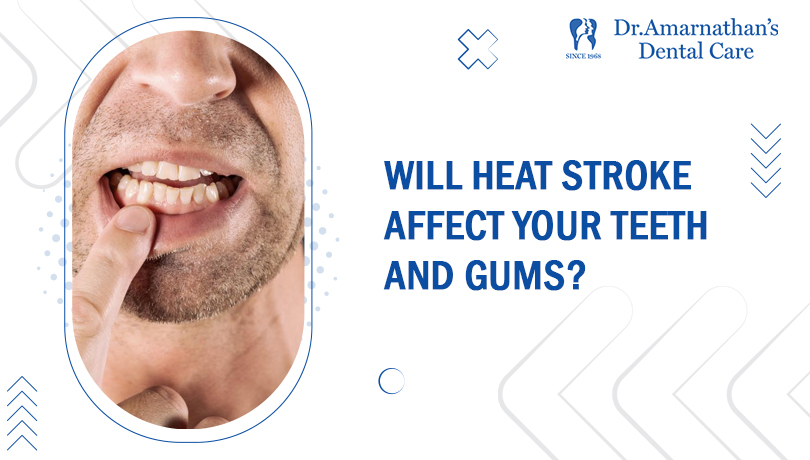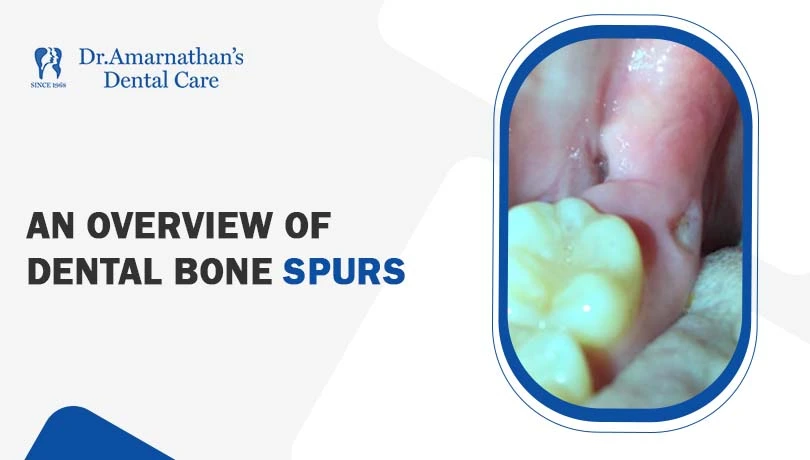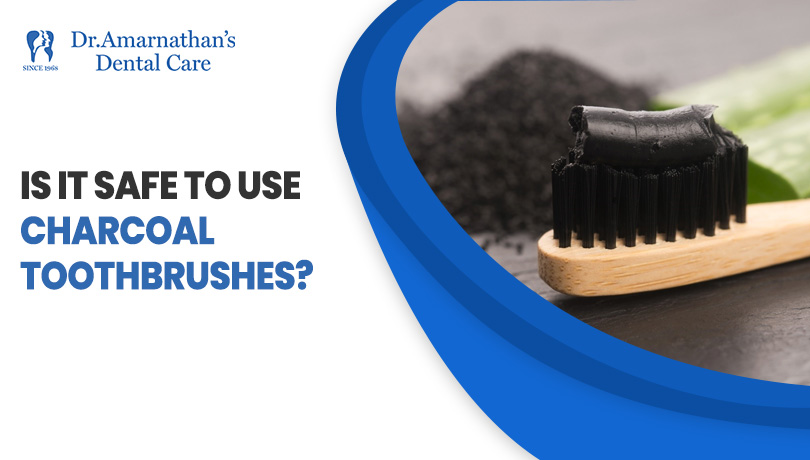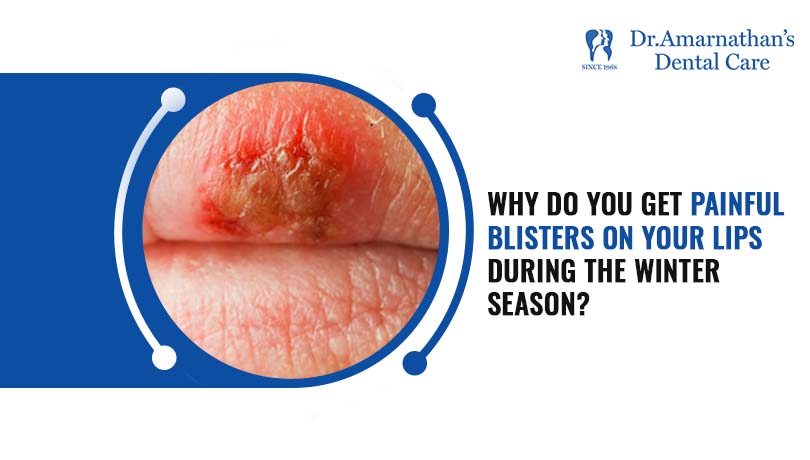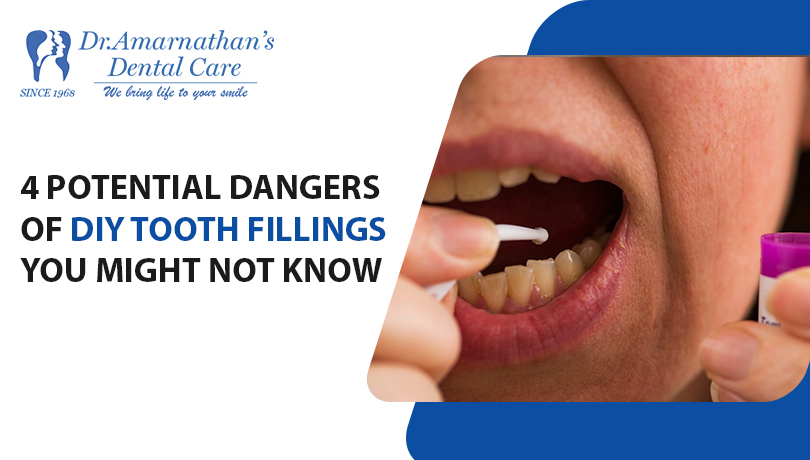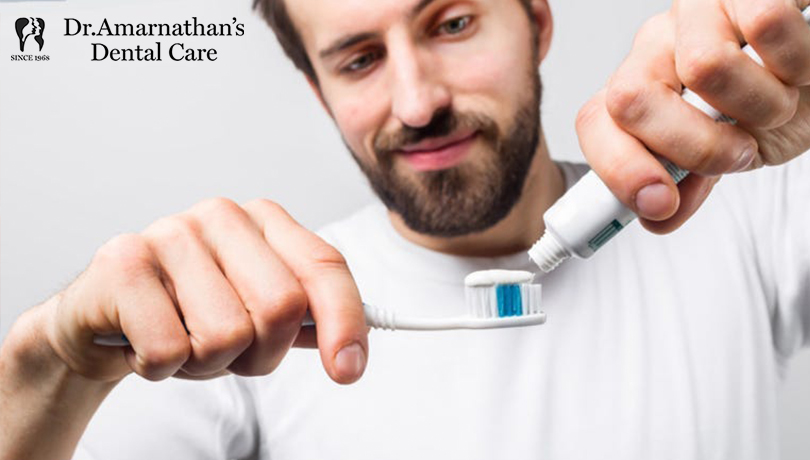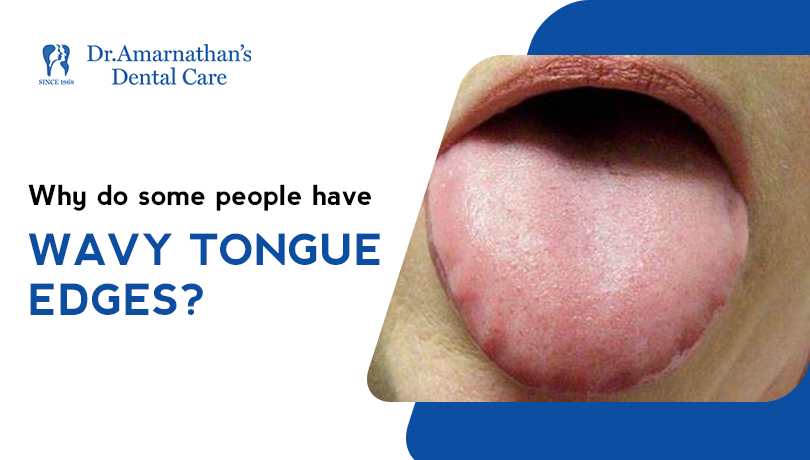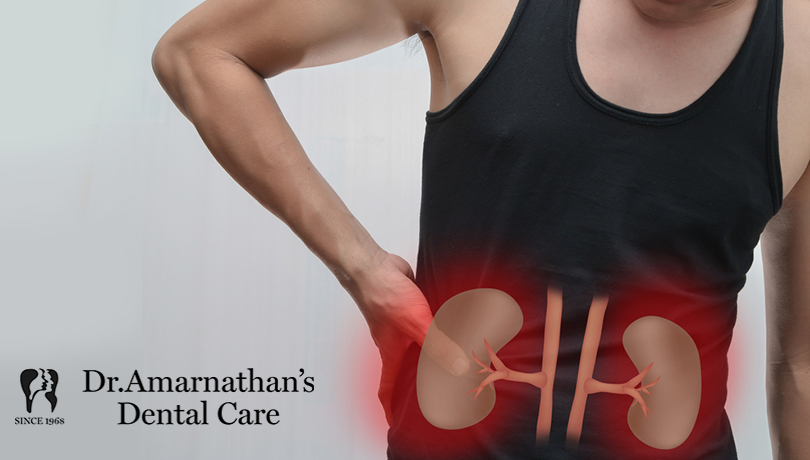
6 Possible oral health challenges for people with kidney disease
Kidney disease or Constrained renal function reflects in every bodily function. Shortness of breath, Joint problems, and Swelling in the legs are the common side effects. It happens because renal failure patients have compromised immune systems that make them susceptible to get infections. Your oral cavity is not an exception. Around 90% of people with chronic kidney disease have various dental dilemmas.
Diabetes, Hypertension are the topmost causes of kidney diseases. Whatever the cause is, chronic kidney disease makes managing oral health more complicated.
What are the possible aspects of kidney disease affecting dental health?
Apart from the compromised immune health, there are certain aspects of renal failure and dialysis that damage your oral health.
- Heparinisation before dialysis
- Possible hepatitis B or C carriage after chronic dialysis
- Secondary hyperparathyroidism
- Immunosuppressive treatment for transplant patients
Likely, some drugs and medications taken for kidney disease treatments and dialysis also negatively affect the oral cavity. Bad taste in the mouth, Oral lesions are the possible consequences.
What are the possible oral effects of improper kidney function?
1) Bad Breath
People suffering from kidney disease or end-stage renal failure (ESRF) emit nasty odor from their mouth.
As the kidney loses its ability to filter wastes from the blood, it does not remove urea in the blood. It leads to the accumulation of urea in saliva. When the urea breaks down, it produces ammonia that has a foul smell. It is also linked to the bad taste in the mouth.
2) Jaw bone loss
Kidney disease increases the production of parathyroid hormones which produces too much phosphate in the body. The phosphate ion secretion makes calcium in our body out of balance. When our body does not get enough calcium, it will weaken our bones.
In simply, renal failure patients are at high risk of losing their jaw bone which will eventually end in loosening the teeth to fall out.
3) Dry Mouth
Dry Mouth (or) Xerostomia that happens with kidney disease is multifactorial because various aspects like the build-up of wastes in blood, multiple medications intake, limited consumption of fluids will reduce the salivary flow, causing dry mouth. If kidney disease is caused by diabetes, the victim will have a high chance of developing oral dryness.
4) Uratemic Stomatitis
Stomatitis is an inflammatory condition that affects the mucous membranes in the mouth and lips. It happens with the increased blood urea level. Bacterial infection in combination with such uremia forms irritant ammonium compounds, resulting in lesions or swelling in oral tissues.
There are 4 types of uratemic stomatitis that can be identified with the type of damage they produce in the oral cavity:
- Erythematosus membranous stomatitis
- Ulcerative stomatitis
- Hemorrhagic stomatitis
- Hyper-parakeratotic stomatitis
It happens gradually over the years and happens for people who are in the end-stage kidney disease. Dentists reveal that it has been reduced with renal dialysis.
5) Gum diseases
The increased urea and phosphate concentrations in the blood are powerful to introduce bacteria into the bloodstream. Such high urea and phosphate levels in blood feed such microbes to stick over the teeth surfaces, forming dental calculus. The bacteria in the sticky substance will damage the surrounding gum tissue and progress to cause gum (or) periodontal diseases.
Meanwhile, the drugs taken for kidney disease treatments also interfere with the gingival fibroblasts, causing bruises and bleeding in the gums.
6) Erosions in the teeth’s lingual surfaces
The electrolyte imbalance that happens with the increased concentration of urea and phosphate will end up in reflux diseases. Hence renal failure patients will vomit frequently.
Remember that vomiting brings back the stomach juices and acids to our mouth. When our teeth are constantly exposed to such acidic substances, it erodes a tooth’s outer surface and makes the teeth fragile.
Bottom line
Apart from the discussed problematic conditions, chronic kidney disease is associated with other dental problems like gingival overgrowth, mouth sores, oral hairy leukoplakia, tooth decay, and much more.
The electrolyte and hormone imbalance that happened with kidney failure is the base reason for the associated oral and overall health problems. It happens for people with chronic renal failure, people doing dialysis, and kidney transplants.
If you want to keep your mouth healthy amidst your kidney disease, consult your dentist every time after doing dialysis. Follow the special precaution tips suggested by your dental doctor.



